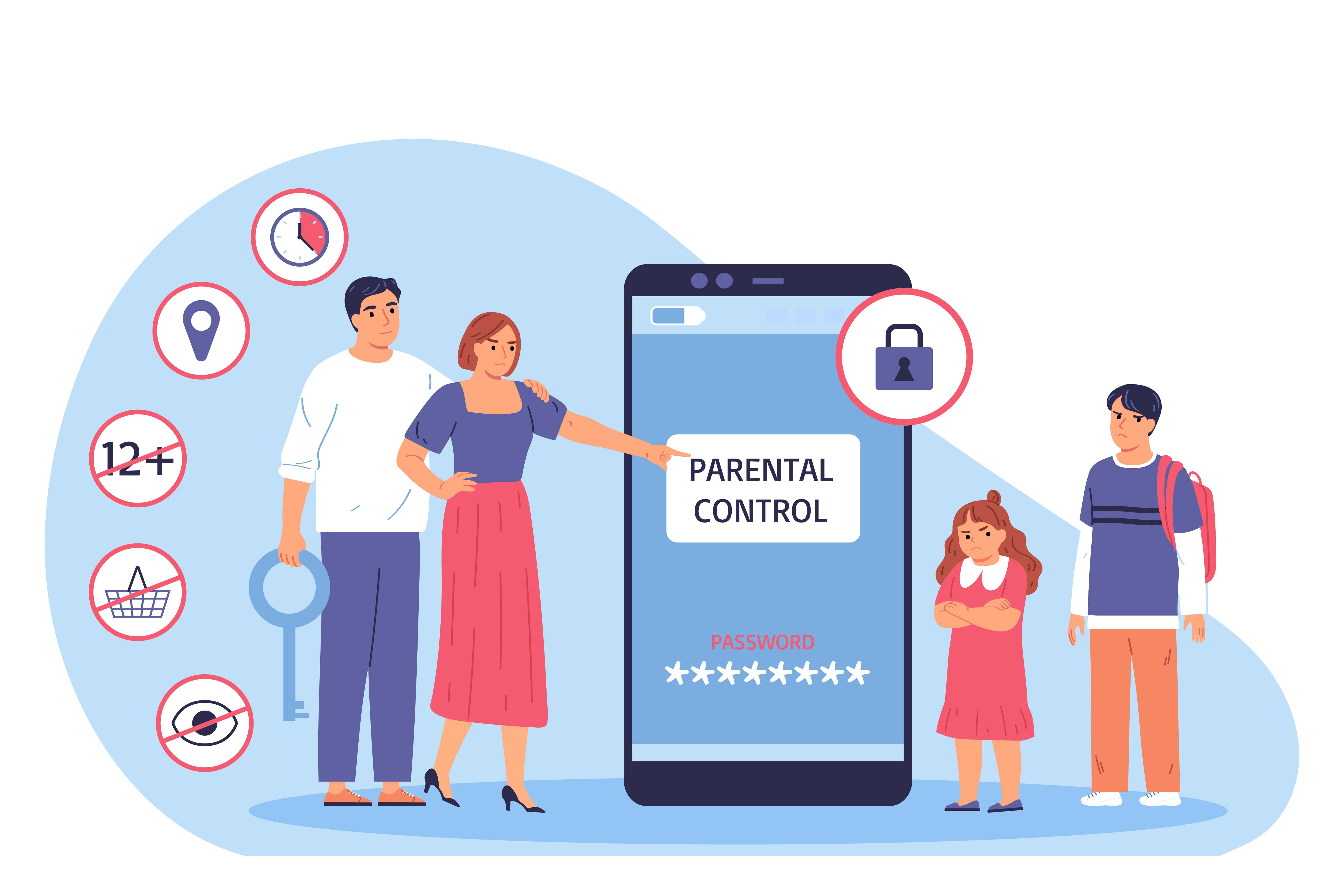Special Education Strategies Effective Tips and Tricks
Understanding Special Education
Special education refers to the tailored instruction and support provided to students with diverse learning needs. These students may have disabilities, learning disorders, or other challenges that require individualized attention and accommodations. Understanding the unique needs and abilities of each student is essential for effective special education strategies.
Creating a Supportive Learning Environment
Creating a supportive learning environment is crucial for the success of students in special education. Teachers should foster a culture of acceptance, inclusion, and respect where all students feel valued and supported. Providing a safe and nurturing space where students can learn and grow without fear of judgment or discrimination is essential.
Differentiating Instruction
Differentiating instruction allows teachers to adapt their teaching methods and materials to meet the diverse learning needs of students in special education. By providing alternative explanations, offering additional practice opportunities, and incorporating multisensory techniques, teachers can ensure that all students have access to the curriculum and can achieve their full potential.
Utilizing Assistive Technology
Assistive technology plays a crucial role in supporting students with special needs in the classroom. From text-to-speech software to communication devices and adaptive learning tools, technology can help level the playing field for students with disabilities. Integrating assistive technology into the curriculum allows students to access information, communicate effectively, and participate in learning activities independently.
Promoting Positive Behavior Support
Promoting positive behavior support is essential for creating a conducive learning environment for students in special education. Teachers should establish clear expectations, teach social skills, and provide positive reinforcement for desired behaviors. By focusing on proactive strategies and interventions, teachers can prevent challenging behaviors and promote a positive classroom climate.
Building Individualized Education Plans (IEPs)
Individualized education plans (IEPs) outline the specific goals, accommodations, and support services for students with disabilities or special needs. Collaborating with parents, students, and other professionals, teachers develop IEPs tailored to each student’s unique strengths, challenges, and learning objectives. Regular monitoring and evaluation ensure that IEPs are effective in supporting student progress and success.
Implementing Universal Design for Learning (UDL)
Universal design for learning (UDL) is an approach to curriculum design that aims to accommodate the diverse learning needs of all students. By providing multiple means of representation, expression, and engagement, teachers can create inclusive learning environments where students can access and participate in learning activities effectively. UDL principles promote equity, accessibility, and flexibility in education.
Fostering Collaborative Partnerships
Fostering collaborative partnerships is essential for supporting students in special education. Teachers should work closely with parents, caregivers, support staff, and other professionals to ensure that students receive comprehensive and coordinated support. Collaborative partnerships promote continuity of care, consistency of interventions, and alignment of goals across home and school settings.
Promoting Self-Advocacy Skills
Promoting self-advocacy skills empowers students in special education to become active participants in their own education. Teachers should teach students to identify their strengths and challenges, express their needs and preferences, and advocate for accommodations and support services. By fostering self-awareness and self-confidence, teachers help students develop the skills they need to succeed in school and beyond.
Celebrating Diversity and Inclusion
Celebrating diversity and inclusion is central to the philosophy of special education. Teachers should embrace and celebrate the unique talents, backgrounds, and perspectives of all students. By fostering a culture of acceptance, empathy, and respect, teachers create inclusive learning environments where all students feel valued, supported, and empowered to reach their full potential. Read more about special education tips and tricks




